Metro Detroit's real estate market demonstrated remarkable resilience and dynamism in November 2024, with home prices experiencing their largest year-over-year increase of the year. The median sale price in the region climbed by an impressive 10.3%, reaching $323,500 compared to $293,250 in November 2023. This growth is reflective of persistent demand outpacing supply, shaping a competitive landscape for buyers and sellers alike.
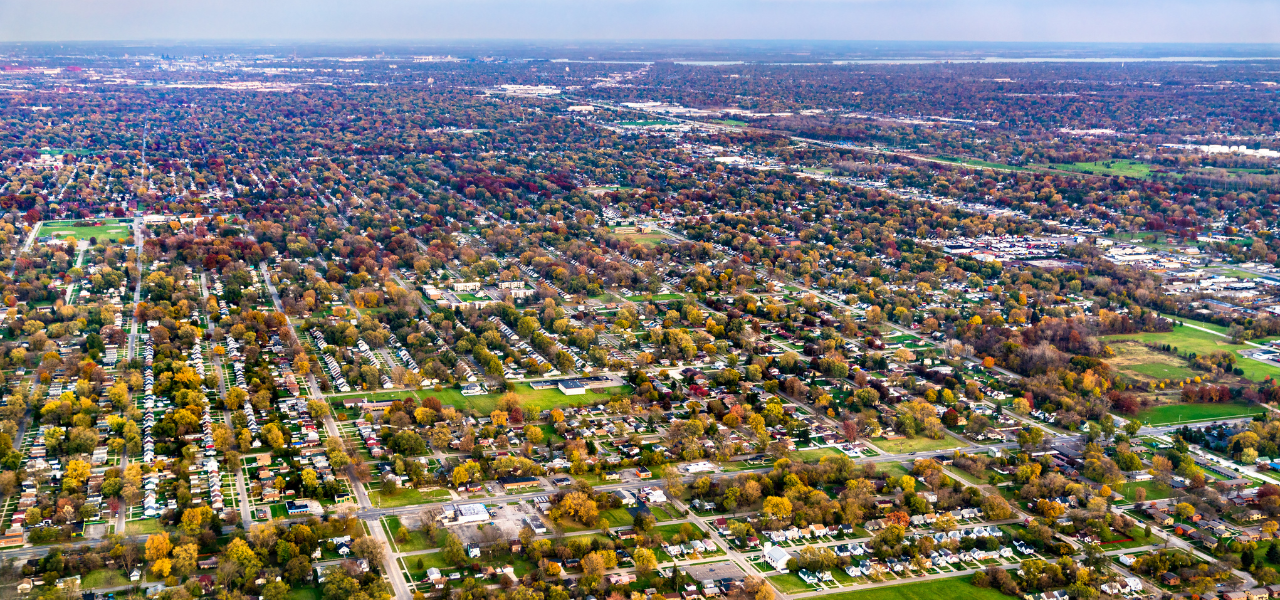
A Historic Surge in Home Prices
The 10.3% increase in Metro Detroit's median sale price marks a defining moment for the market in 2024. This surge was driven by significant gains across the region, with Wayne County taking the lead in absolute price growth. The county's median home price rose from $169,000 to $191,000, a 13.5% increase. Meanwhile, Detroit itself outshone all other areas percentagewise, with home prices leaping 16.7% from $75,000 to $87,500. These figures underscore the growing appeal of the region, particularly in areas undergoing urban revitalization.
Macomb County and Oakland County also reported robust price increases of 10.6% and 10.1%, respectively, while Livingston County recorded a 7.9% rise. The steady climb in prices across these diverse counties highlights a broad-based demand that spans urban, suburban, and rural settings.
Understanding the Forces Behind the Price Boom
Several factors contribute to Metro Detroit's remarkable price growth. Limited inventory remains a key driver, with fewer homes on the market pushing prices upward. Additionally, strong economic conditions, including employment growth and competitive mortgage rates, have bolstered buyer confidence. Local demand has been further amplified by an influx of out-of-state investors and buyers seeking more affordable alternatives to pricier metropolitan areas.
The housing market has also benefited from Detroit's ongoing urban renewal efforts. Investments in infrastructure, business development, and cultural revitalization have enhanced the city's appeal, attracting new residents and contributing to rising property values.
Mixed Signals in Home Sales Volume
Despite the surge in prices, the overall number of homes sold in Metro Detroit dipped by 1.9% year-over-year. This decline highlights the challenges posed by constrained inventory, which continues to limit the number of available homes for sale. However, a silver lining can be found in the 11.1% increase in pending sales, indicating strong future transaction activity and sustained demand from buyers.
Among the counties, Oakland County was a standout performer in sales activity, posting an 8.5% increase with 943 homes sold. This made it the only county to achieve year-over-year growth in sales volume. In contrast, Livingston County saw sales dip slightly from 149 to 146 transactions, while Detroit recorded a 3.8% decline with 427 homes sold. Wayne County and Macomb County faced more pronounced challenges, with sales falling by 4.3% and 8.2%, respectively.
.png)
The Speed of Sales: A Testament to Demand
Homes in Metro Detroit continue to sell quickly, a reflection of the region's high demand. The average time on market in November was 32 days, just two days longer than the same period last year. Oakland County homes sold the fastest, averaging only 28 days on the market, followed by Livingston County at 29 days. Wayne County properties turned over in an average of 26 days, while Macomb County homes averaged 33 days. Detroit properties, while slower to sell, still maintained a relatively brisk pace at 50 days on market.
The speed at which homes are being sold underscores the intense competition among buyers, many of whom are eager to secure properties amidst rising prices and limited inventory.
A Buyer’s and Seller’s Market
Jeanette Schneider, president of RE/MAX of Southeastern Michigan, highlighted the nuanced dynamics at play in the current market. "Gradually rising inventory levels are providing a welcome opportunity for motivated buyers, who are eagerly responding to new homes as they hit the market," she explained. However, sellers are not without challenges, as some are being prompted to adjust their pricing strategies to secure deals before the year-end.
The persistent mismatch between supply and demand presents ongoing hurdles for first-time buyers, many of whom are grappling with affordability concerns. Rising prices have placed homeownership further out of reach for some, even as new inventory offers glimpses of relief.
Economic and Demographic Influences
Metro Detroit’s housing market is influenced by a confluence of economic and demographic factors. Job growth in the automotive and technology sectors has fueled migration to the region, while relatively affordable housing compared to other metropolitan areas continues to attract out-of-state buyers. These factors, combined with favorable interest rates, have driven robust demand for homes.
In Detroit specifically, urban revitalization initiatives have played a significant role. Redevelopment projects, improved infrastructure, and investments in public spaces have transformed the city into an increasingly desirable destination. Neighborhoods once overlooked are now thriving hubs of activity, drawing a mix of young professionals, families, and investors.
.png)
The Outlook for Metro Detroit’s Housing Market
As 2024 comes to a close, the Metro Detroit housing market remains on a strong trajectory. Rising prices and quick turnover times signal continued demand, but affordability challenges may temper the pace of growth in the coming year. The increase in pending sales suggests a busy start to 2025, as buyers who entered the market late in the year finalize their transactions.
For sellers, understanding market trends and pricing competitively will be key to securing deals in an evolving environment. Buyers, particularly first-timers, may need to explore creative financing options or consider emerging neighborhoods to navigate the challenges of affordability.
Neighborhoods and Investment Hotspots
Detroit’s revitalization is creating opportunities for investors and homeowners alike. Areas such as Corktown, Midtown, and the Detroit Riverfront are seeing significant development, making them attractive options for those seeking long-term value. In the suburbs, Oakland County's diverse communities continue to draw families, while Macomb County’s relatively lower prices offer a compelling entry point for budget-conscious buyers.
Comparative Insights: Metro Detroit vs. Other Markets
Compared to other metropolitan areas, Metro Detroit’s housing market offers a unique combination of affordability and growth potential. While regions such as Los Angeles and New York grapple with stagnating prices and affordability crises, Metro Detroit remains an attractive alternative for those seeking value without sacrificing urban amenities or economic opportunity.
Final Thoughts: Navigating a Complex Market
The Metro Detroit housing market’s performance in November reflects its resilience and appeal in a competitive real estate landscape. Rising prices, quick sales, and dynamic regional trends underscore its status as a market to watch. Both buyers and sellers must remain informed and adaptable to make the most of opportunities in this evolving environment.
By understanding the forces shaping the market, stakeholders can better position themselves for success, whether they are securing a dream home, investing in a promising neighborhood, or capitalizing on a seller’s market.
DON'T KEEP US A SECRET - SHARE WITH A FRIEND OR TO SOCIAL MEDIA!

.92.png)











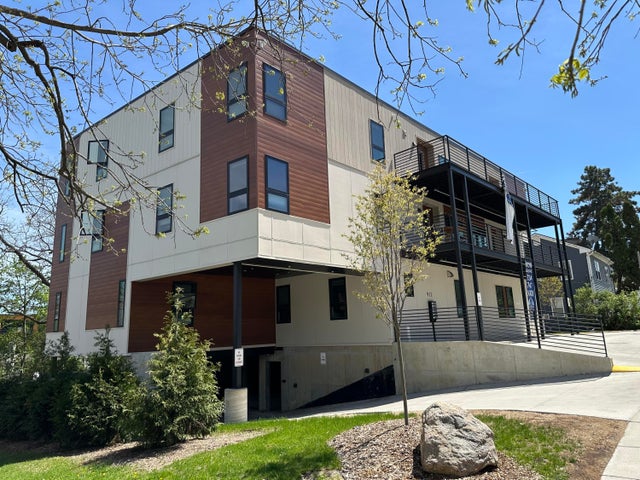
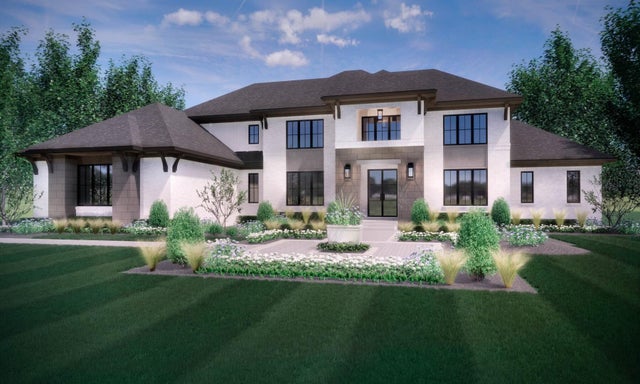



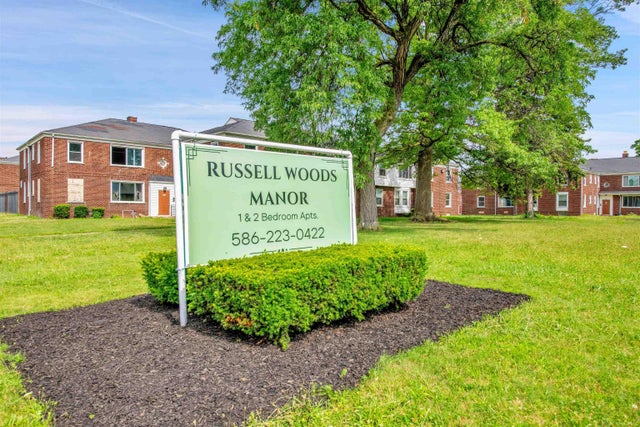
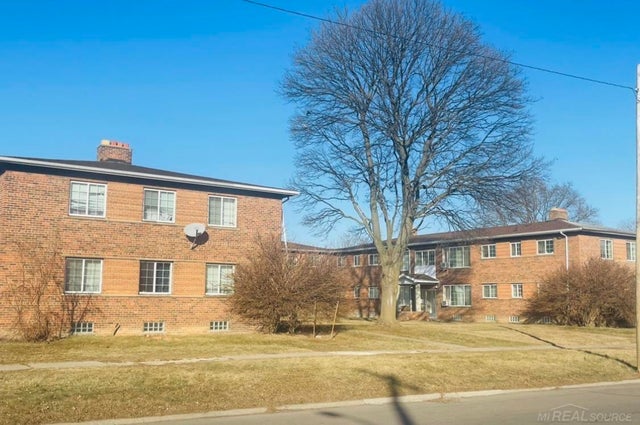

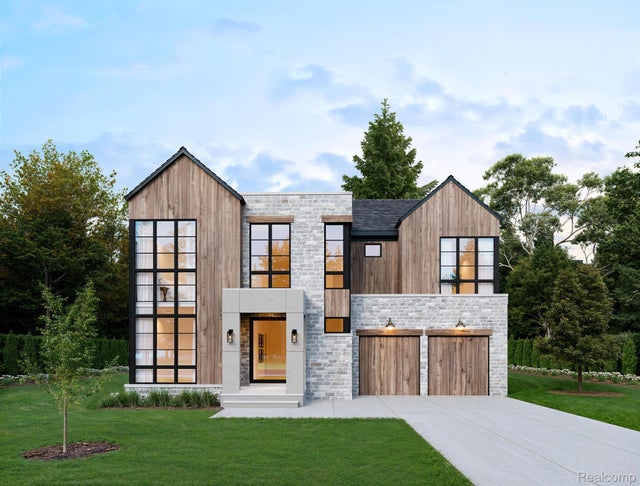








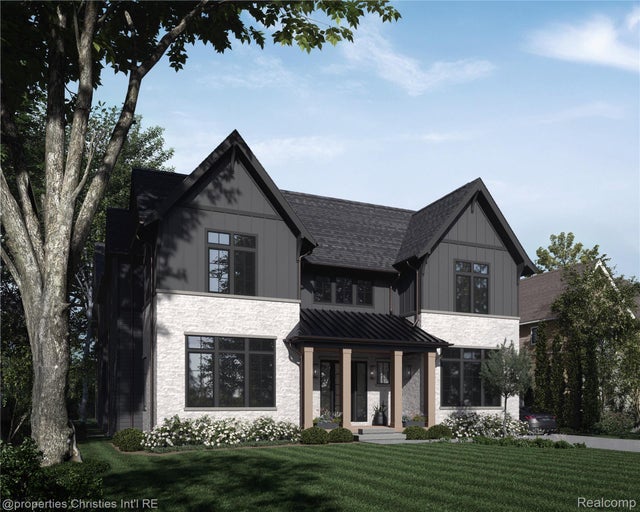
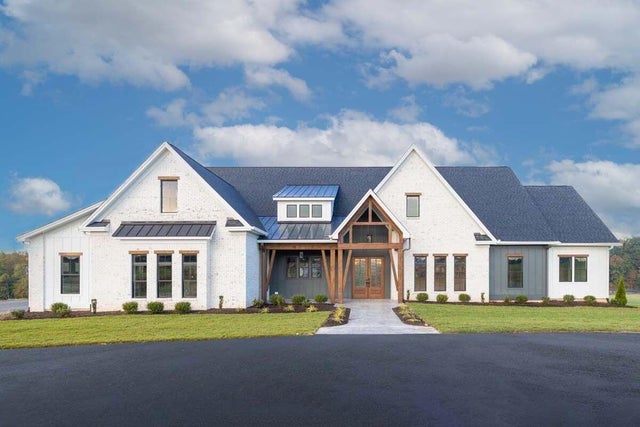


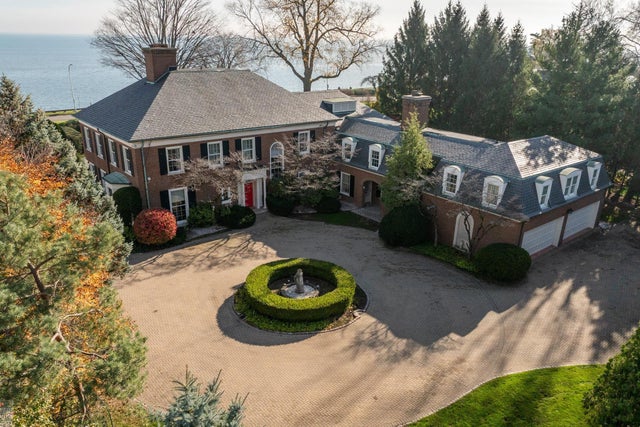


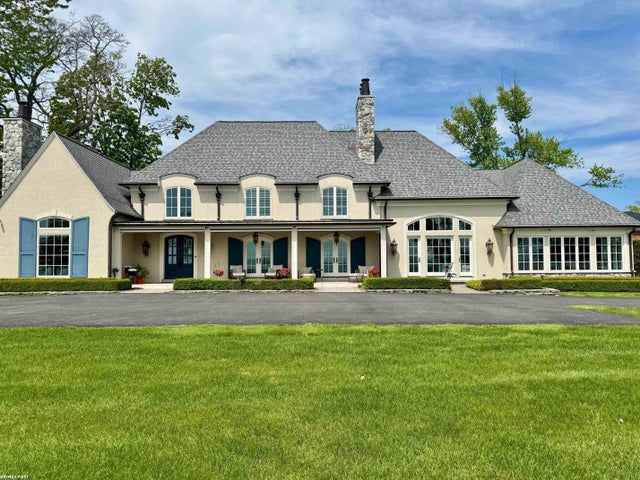
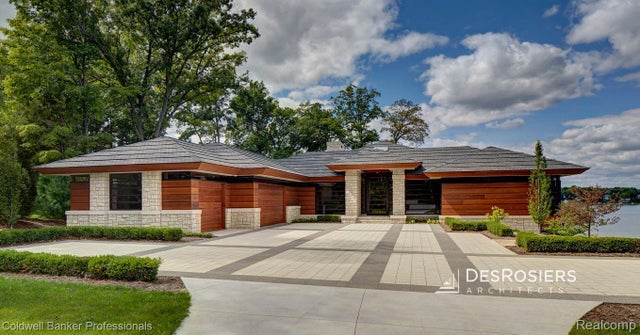

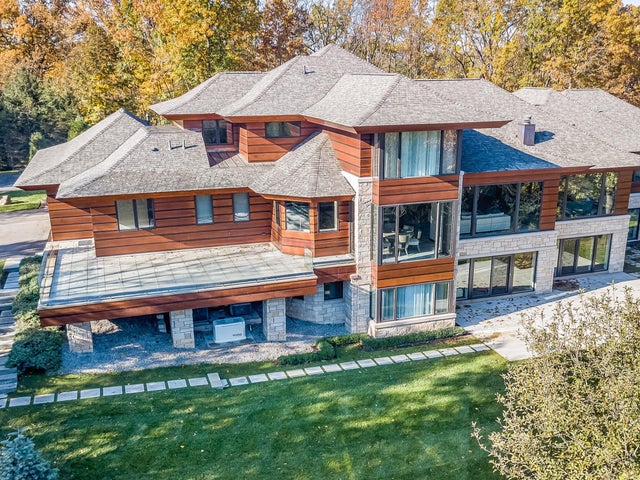
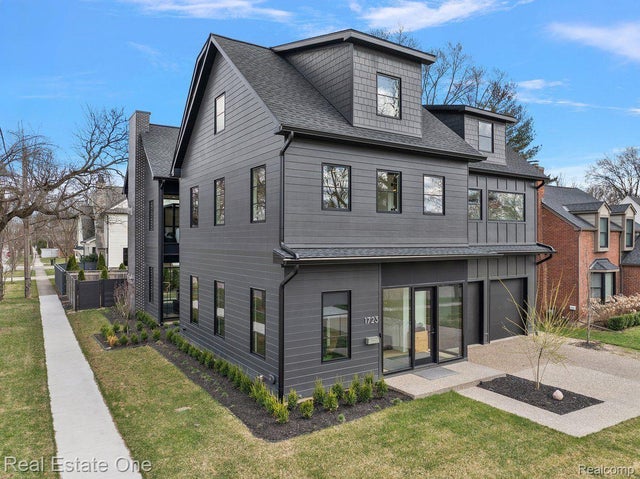

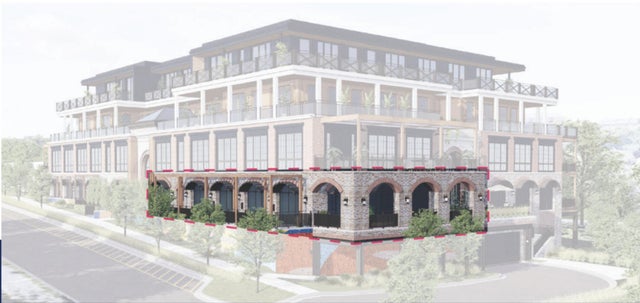


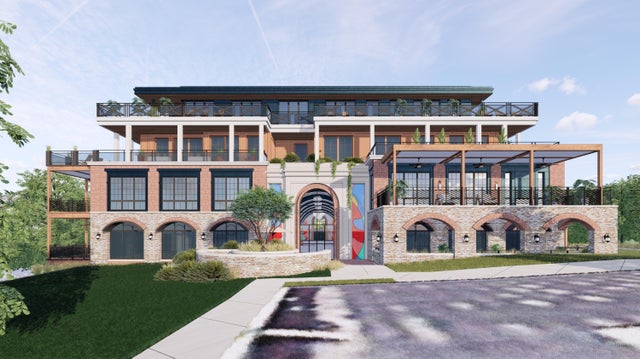
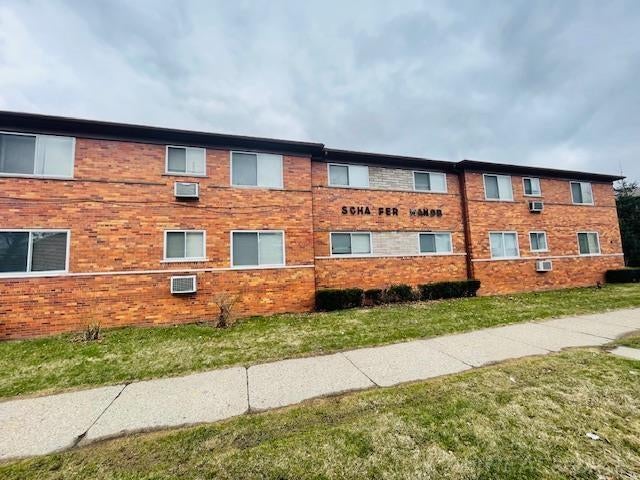
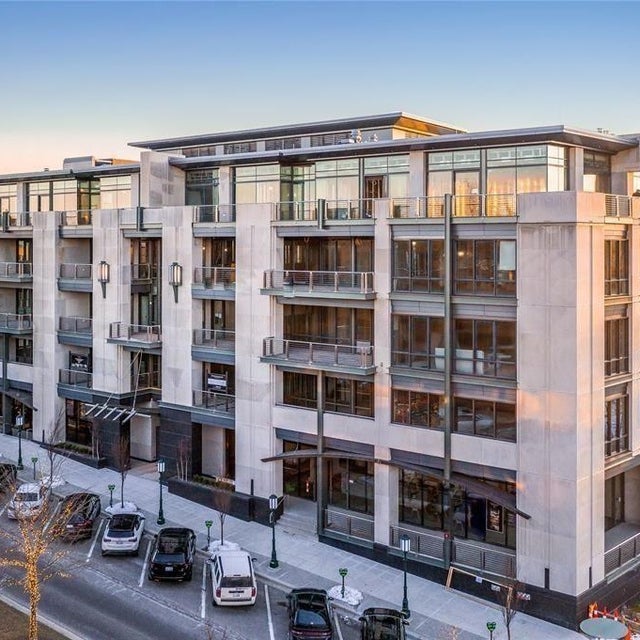
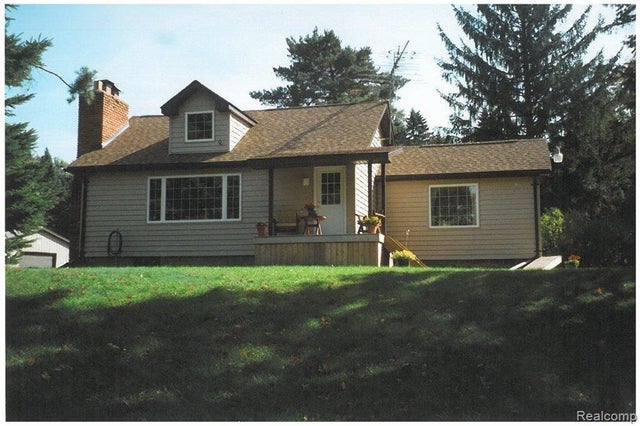
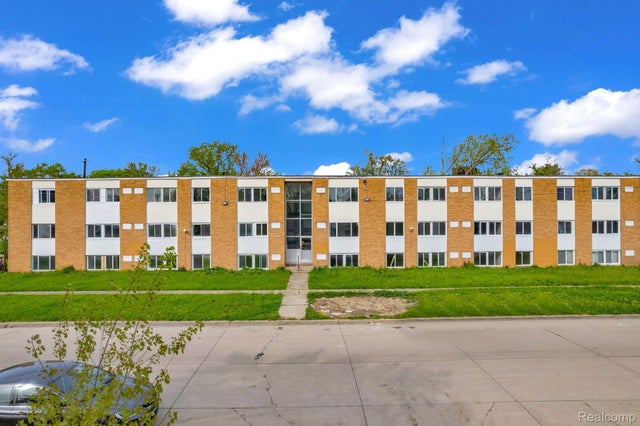


Leave A Comment